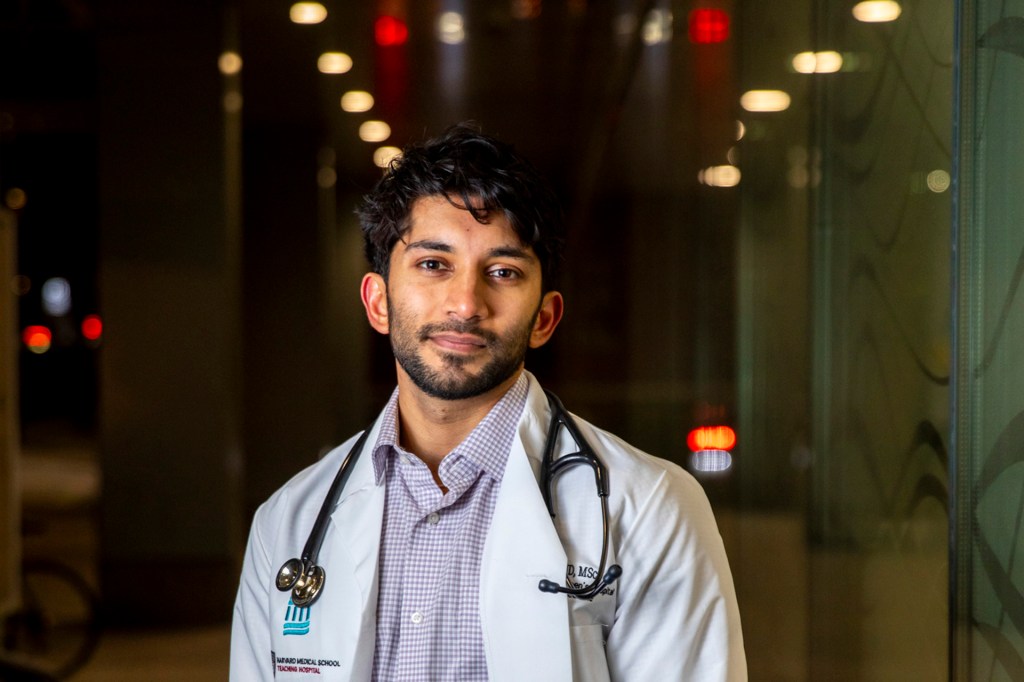Health
-

6 keys to a long, healthy life (ice cream included)
Also, why reading Ben Franklin beats climbing Mount Everest
-

Six cancers rising faster in younger adults than older ones
Large new global study fuels growing concern over trend of increases in several types

-

What’s next for GLP-1s?
Scientists eye new treatment targets for popular weight-loss drugs, from heart failure to addiction
-

Pricey blockbuster GLP-1s are costing users — and most of the rest of us, too
Health insurers are passing along cost for coverage in form of higher rates across the board, policy researcher says
-

Drinking 2-3 cups of coffee a day tied to lower dementia risk
Caffeinated tea also found to slow cognitive decline in study

-

New AI tool predicts brain age, dementia risk, cancer survival
Unlike other AI models, BrainIAC needs limited data to ID key neurological health indicators

-
Rewriting genetic destiny
David Liu, Breakthrough Prize recipient, retraces path to an ‘incredibly exciting’ disease fighter: ‘This is the essence of basic science.’
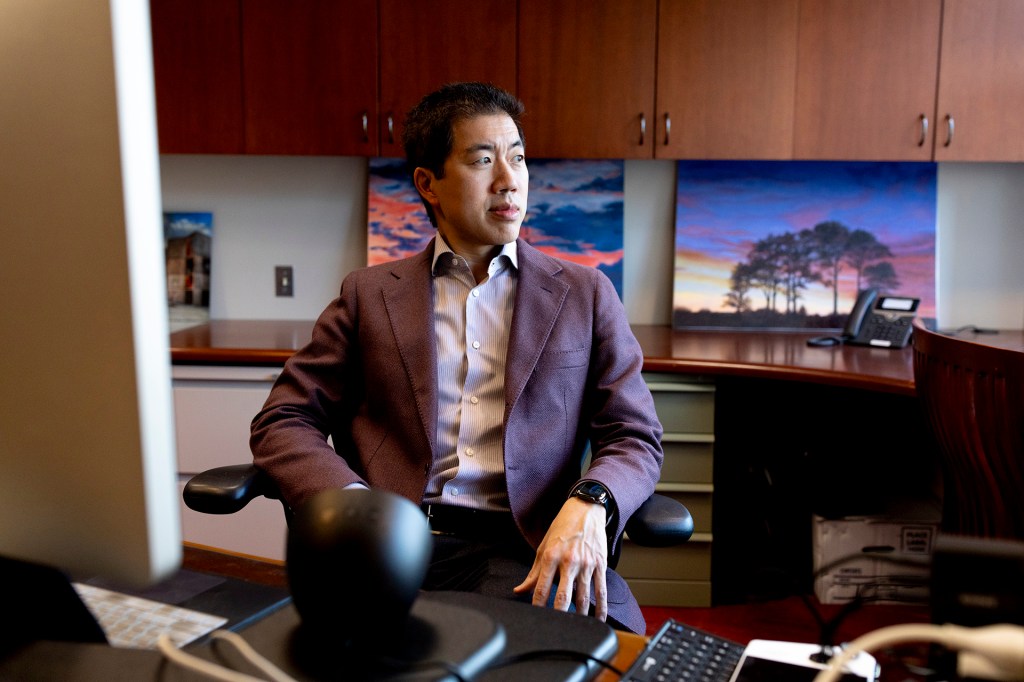
-
Why bother?
What makes someone run 26.2 miles? Boston Marathon’s lead psychologist has heard it all.

-
Stopping the bleeding
Terence Blue has spent his life managing hemophilia. A new gene therapy offers relief from constant worry and daily needles — ‘I am actually healing faster than I ever have.’
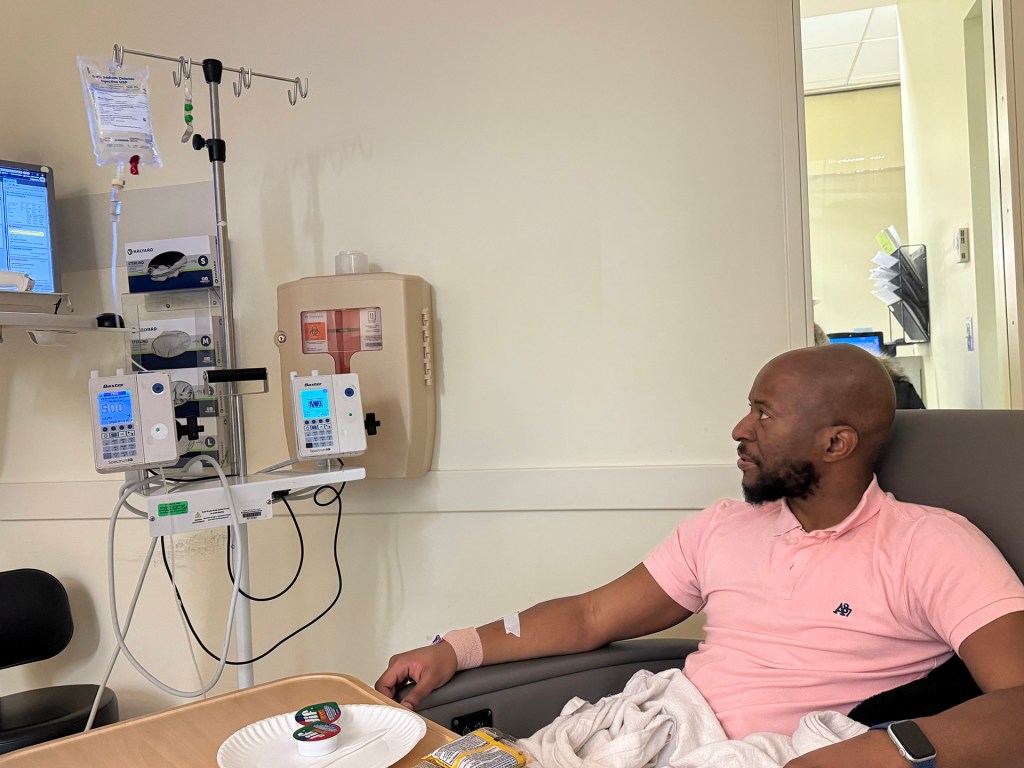
-
Immune-system strategy used to treat cancer may help with Alzheimer’s
Turning off checkpoint molecules freed microglia to attack plaques in brain, improved memory in mice
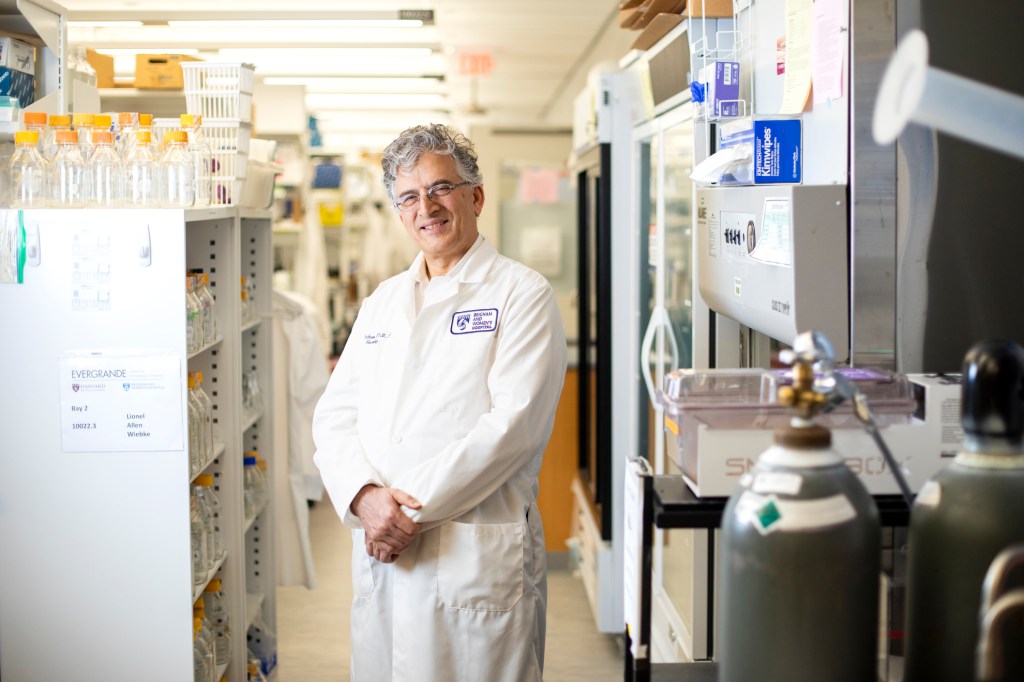
-
Is dining with others a sign of happiness?
Shared meals may be a more reliable indicator of well-being than income, Kennedy School researcher says
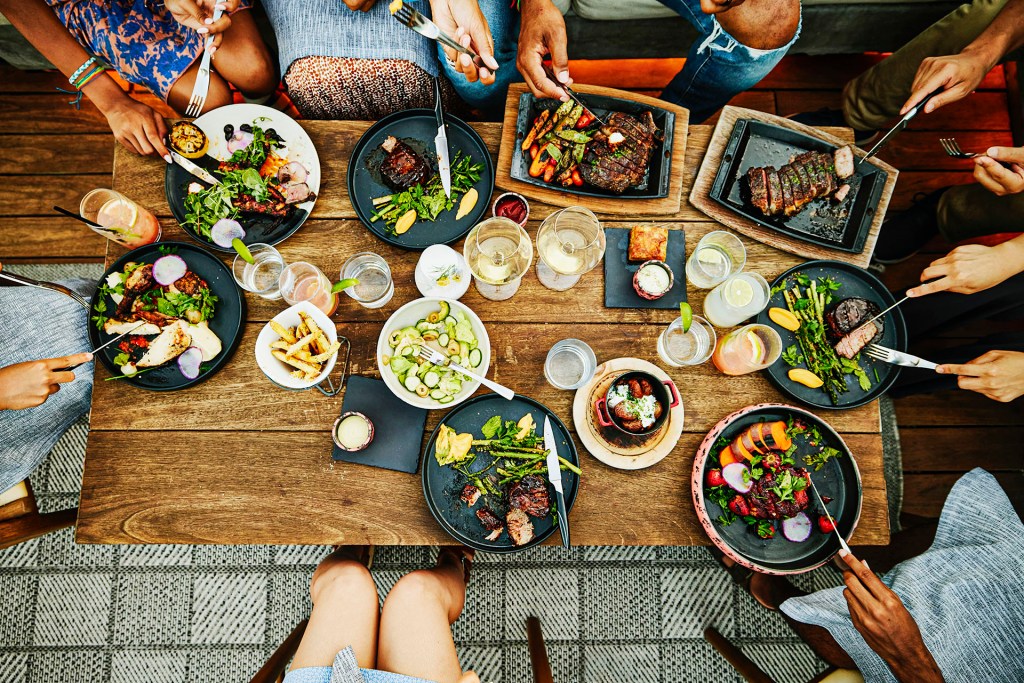
-
Researchers ID genetic disorders that can be treated before birth
Timely detection could reduce morbidity, offer opportunities for early intervention
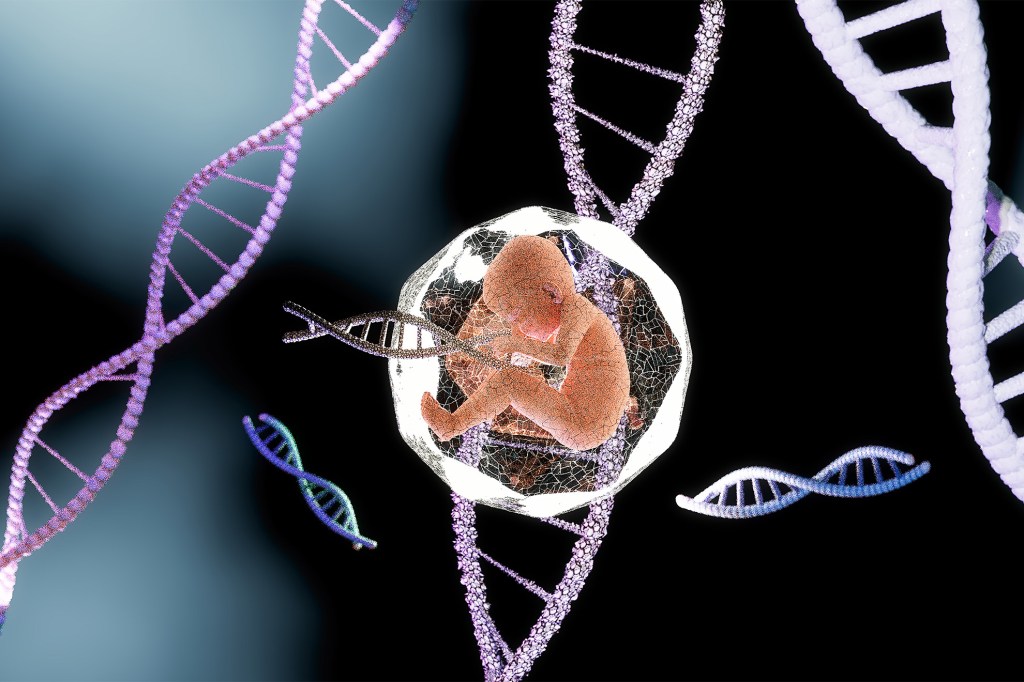
-
How to manage stress during an apocalypse
Psychologist says scrutinizing risk factors, embracing community, adventure are key in age of angst over climate, AI, pandemics

-
Team hits milestone toward prion disease treatment. For them, it’s personal.
Patient-scientist, husband among researchers who developed promising gene-editing therapy for rare, fatal condition
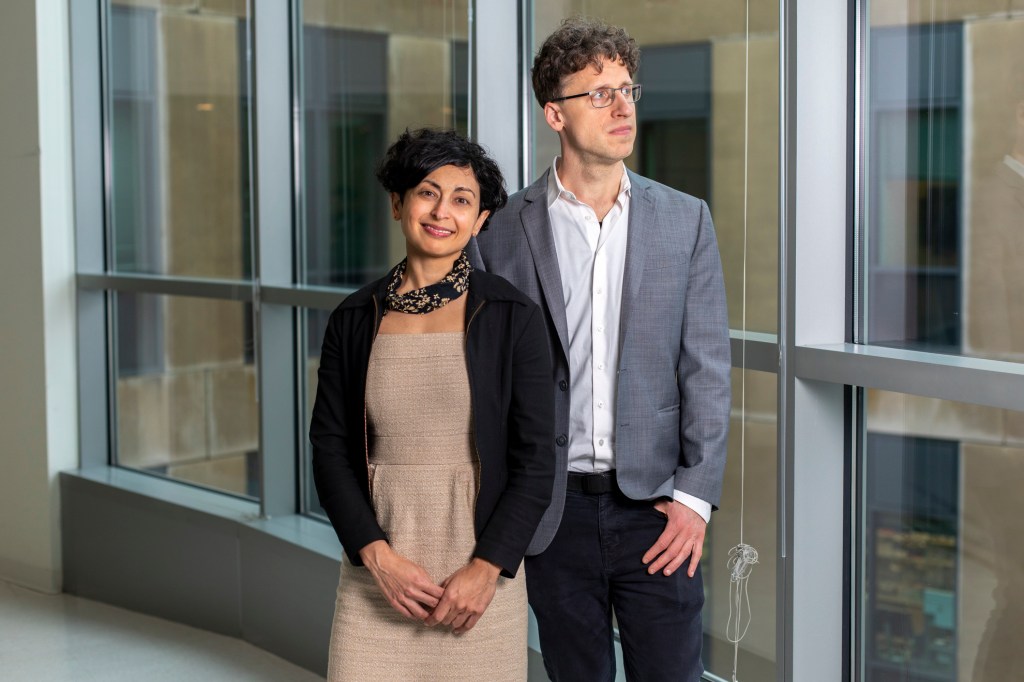
-
Harvard researchers awarded Breakthrough Prizes
‘Oscars of Science’ recognize major advances in gene editing and against MS and obesity
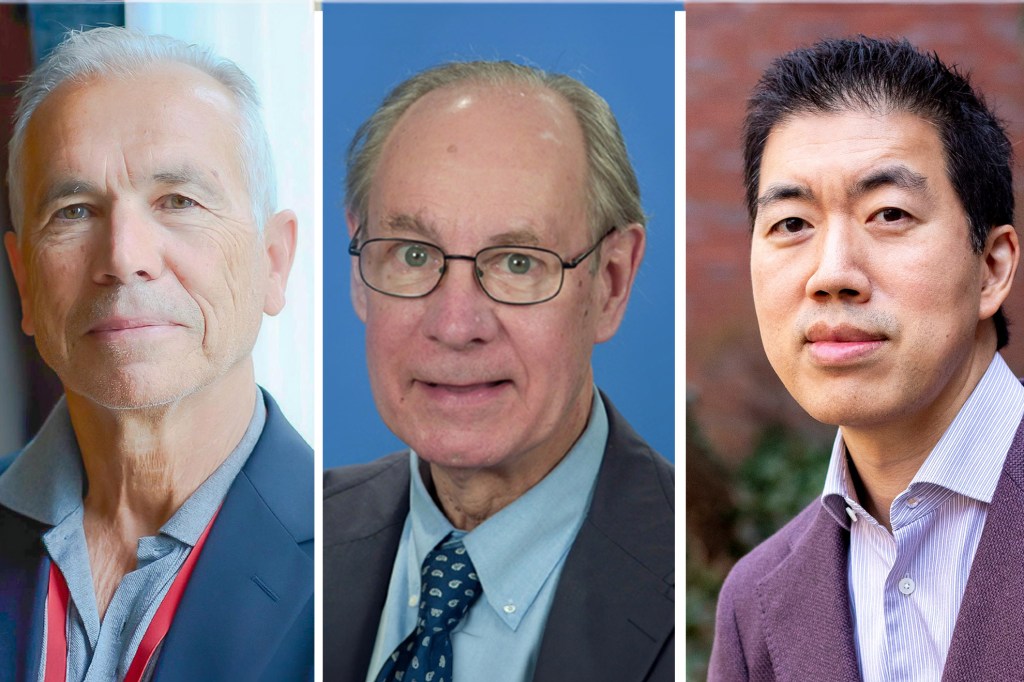
-
How to take yourself less seriously
Clinical psychologist draws line between self-deprecating humor (with its health, social benefits) and self-flagellation
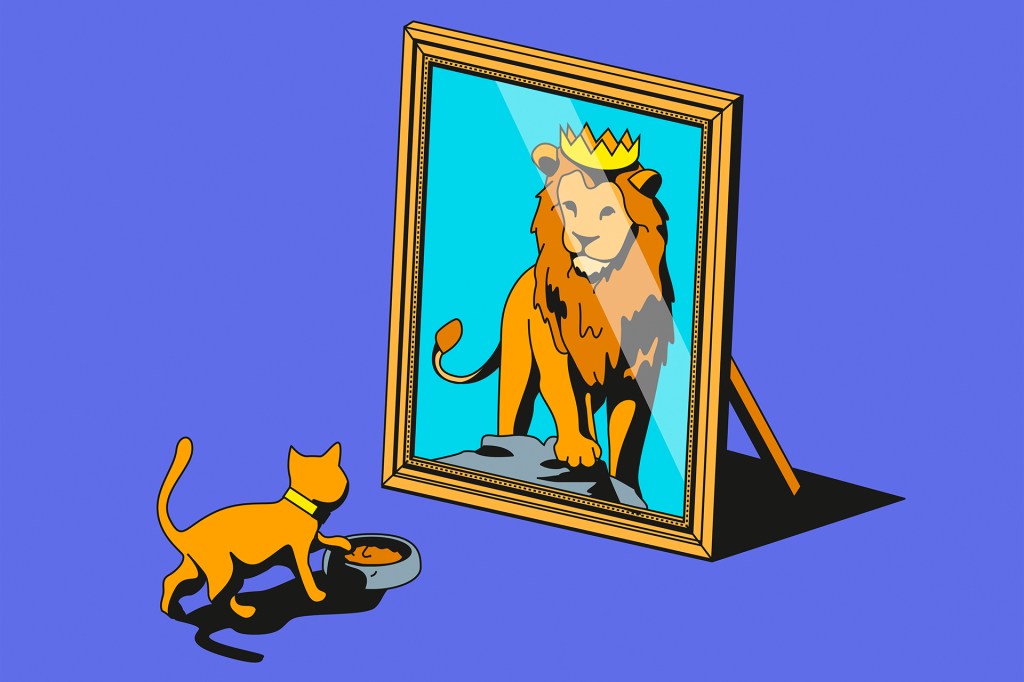
-
Researchers ID 17 risk factors shared by age-related brain disease
Study finds that modifying one factor can reduce risk of stroke, dementia, and late-life depression

-
Mortality rates between Black, white Americans narrow — except in case of infants
70-year study finds widening gap despite longer life expectancy for both racial groups
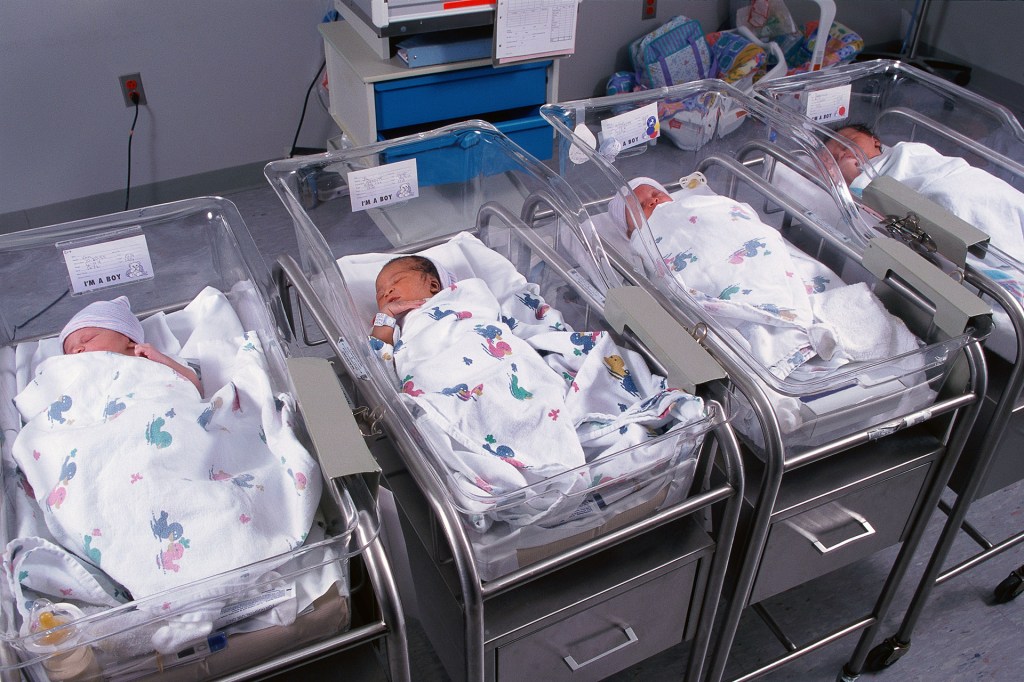
-
More evidence for power of exercise in study of colon cancer survival
Post-treatment physical activity narrows gap between patients and general population
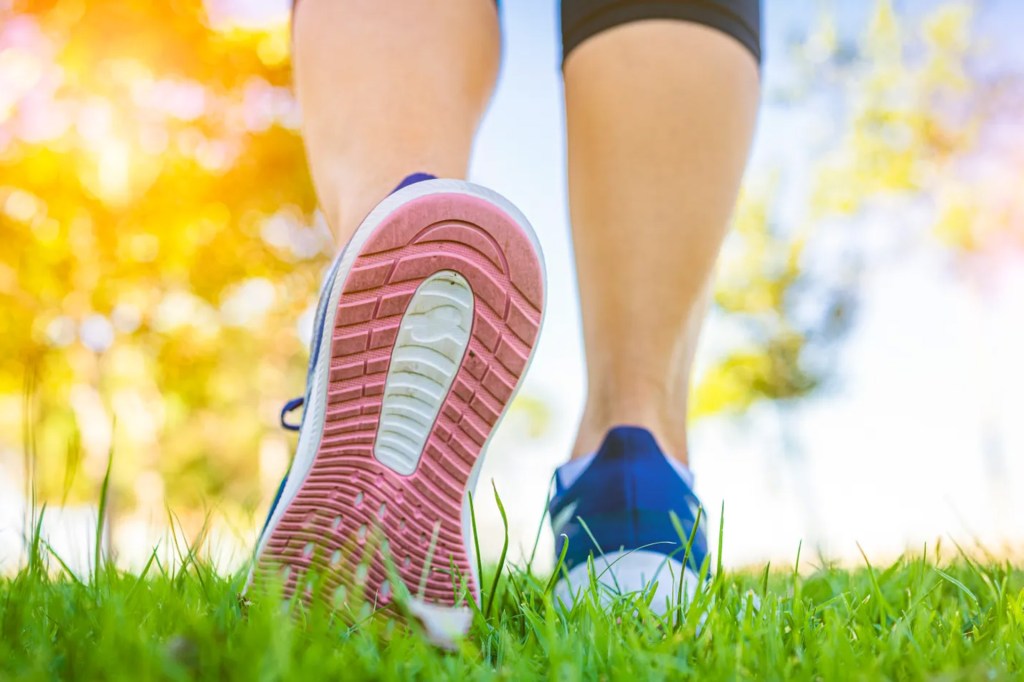
-
Is your shirt making you sick?
ChemFORWARD, winner of Belfer Center award, explains how its database of industrial chemicals can help protect human, environmental health
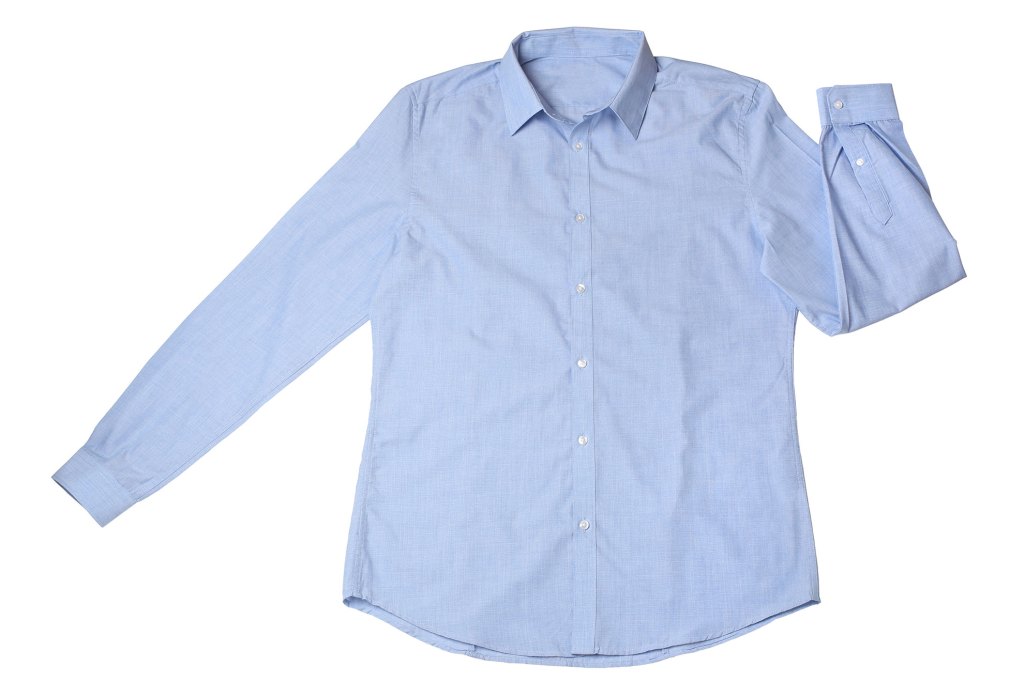
-
Sniffing out signs of trouble
Researchers develop at-home test to ID those at risk of Alzheimer’s years before symptoms appear
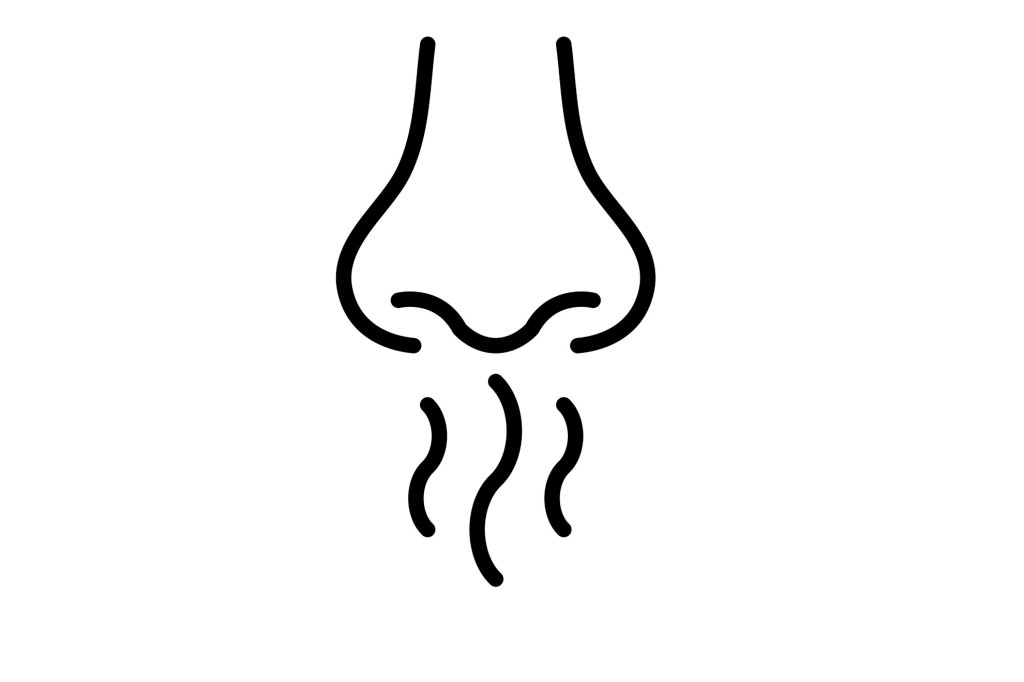
-
Machine healing
Artificial intelligence is up to the challenge of reducing human suffering, experts say. Are we?
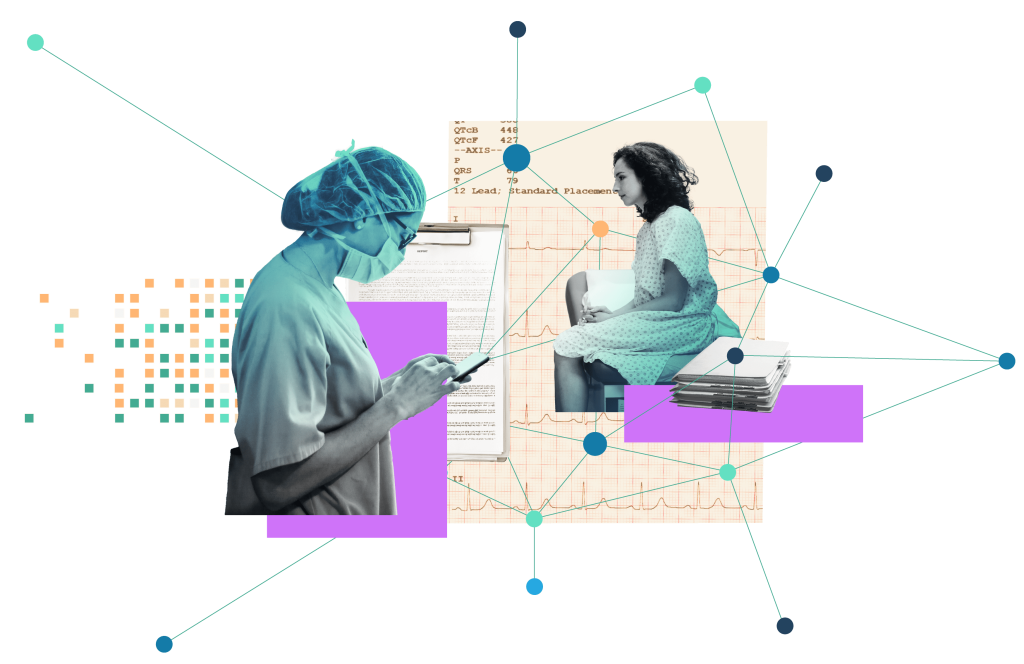
-
Sick again? Maybe your building is to blame.
Take our research-based quiz to learn more about how indoor air quality can harm or protect your health

-
Is sugar addictive?
Cravings are real, nutrition researcher says — but here’s why lumping sweets with alcohol, nicotine is a problem
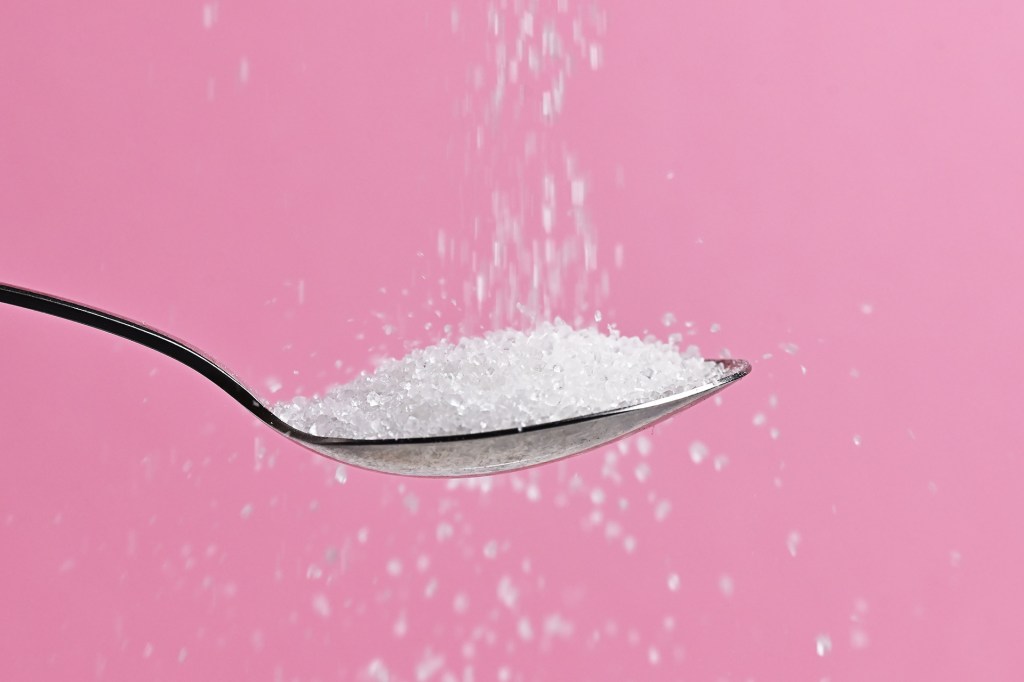
-
U.S. innovation ecosystem is envy of world. Here’s how it got started.
Economist who studies technological change looks at public-private research partnership amid rising questions on federal funding
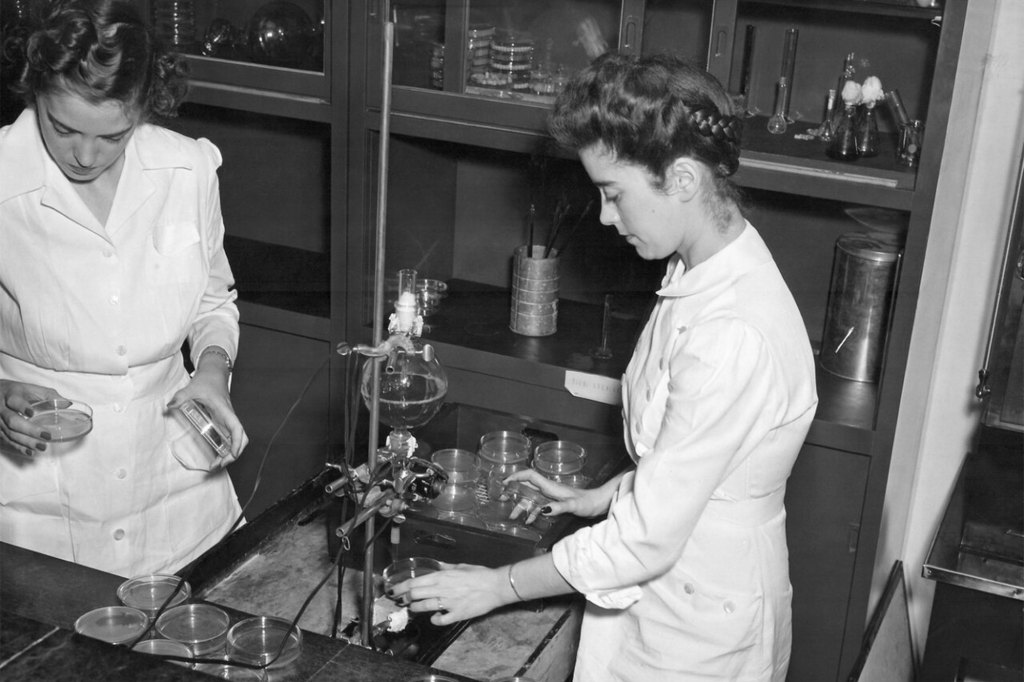
-
Did a socially awkward scientist set back airborne disease control?
In talk on new book, Carl Zimmer theorizes key researcher’s discoveries were undercut by his personality
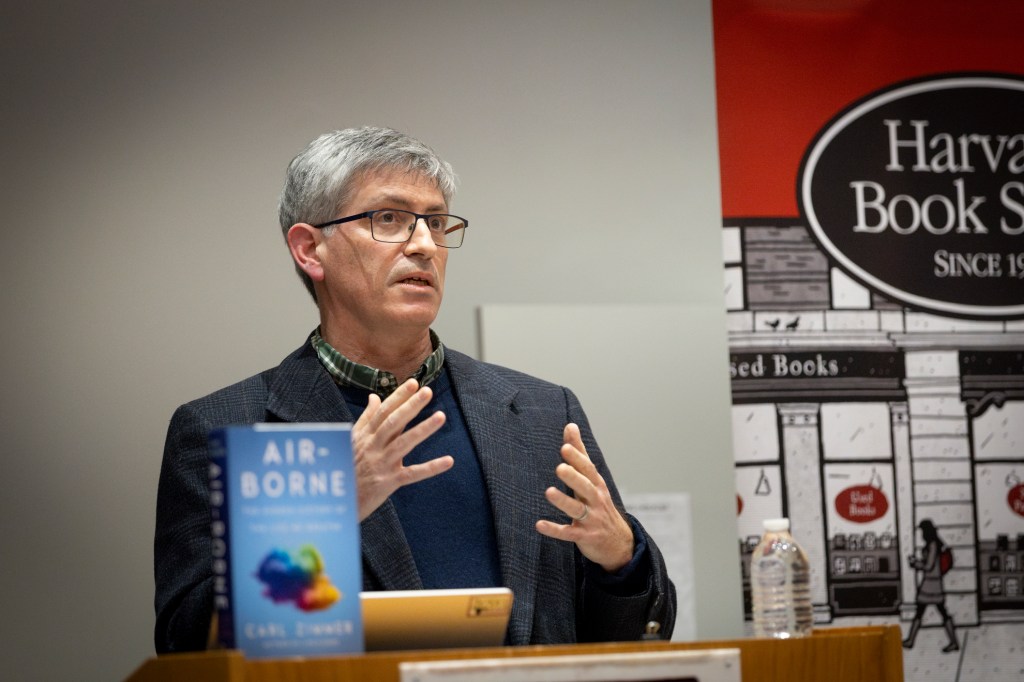
-
You went to the doctor and came out feeling worse
Psychologist who studied ‘medical gaslighting’ explains how caseload pressures contribute to the problem and when we should call it something else
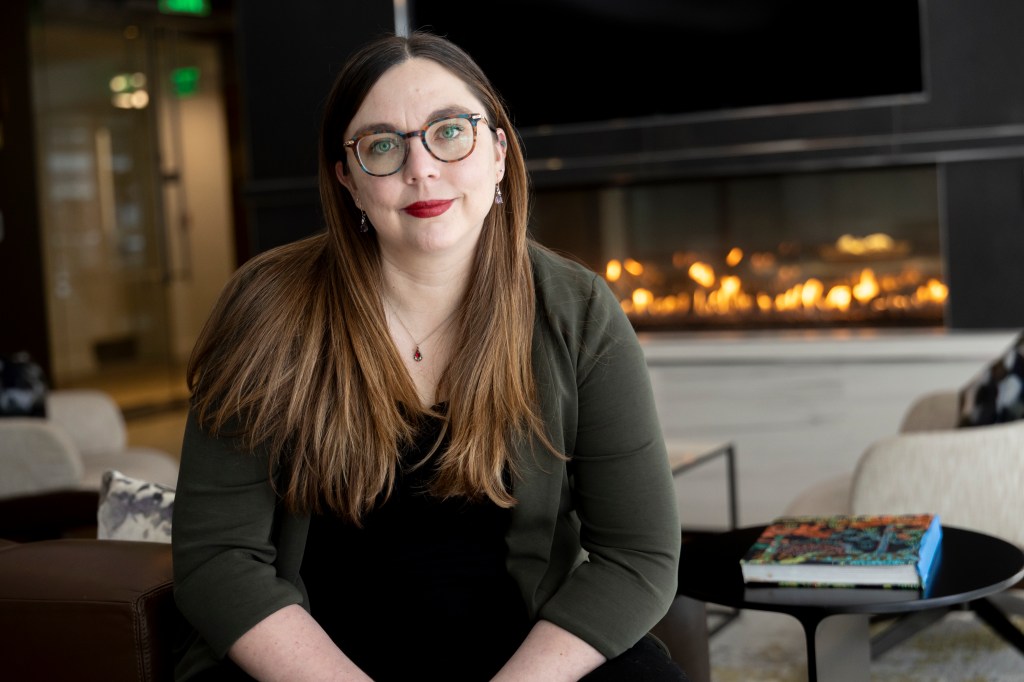
-
A dietary swap that could lengthen your life?
Study finds replacing butter with plant-based oils cuts premature death risk by 17 percent
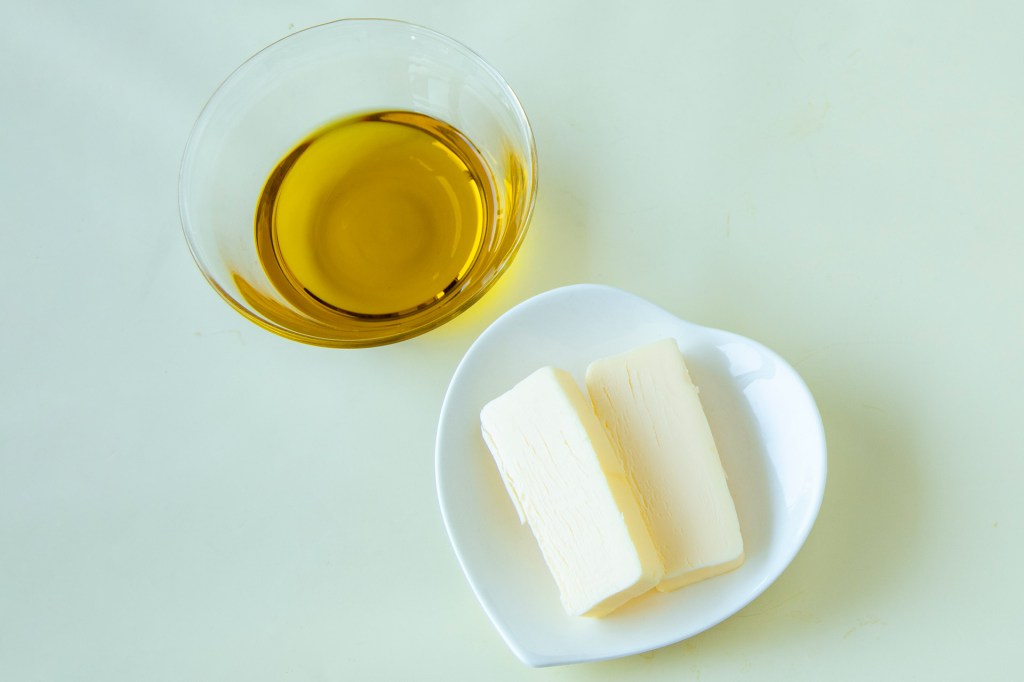
-
New hope for repairing eye damage once thought untreatable
Stem cell therapy safely restores cornea’s surface in clinical trial
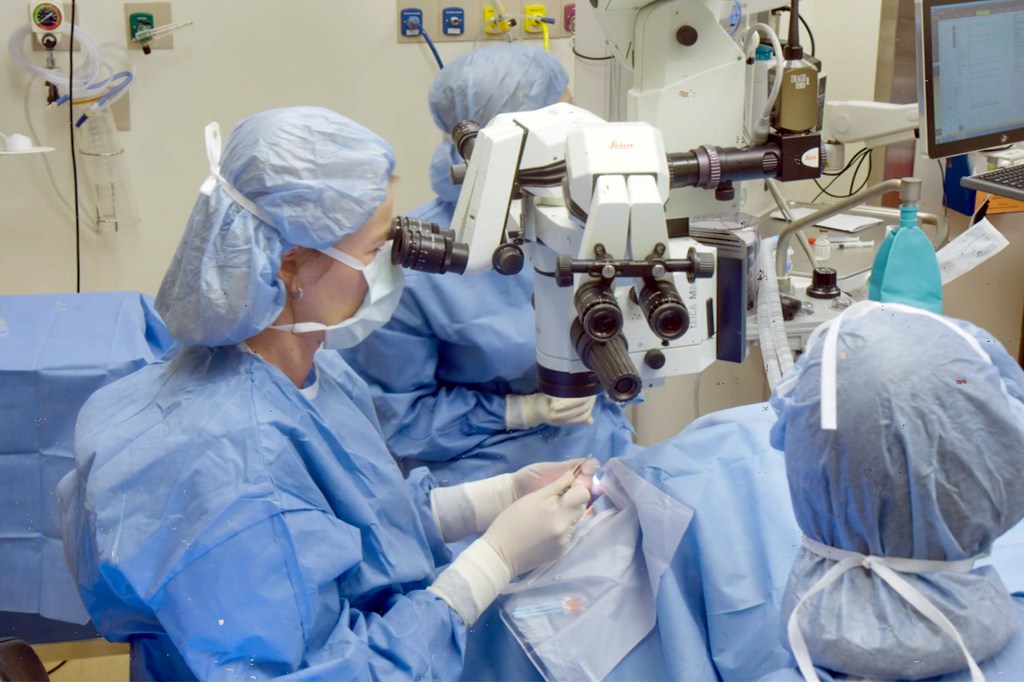
-
Cancer? No, thank goodness, it’s just high cholesterol.
Cardiovascular disease remains nation’s top cause of death, but patients seem too casual about prevention, experts say
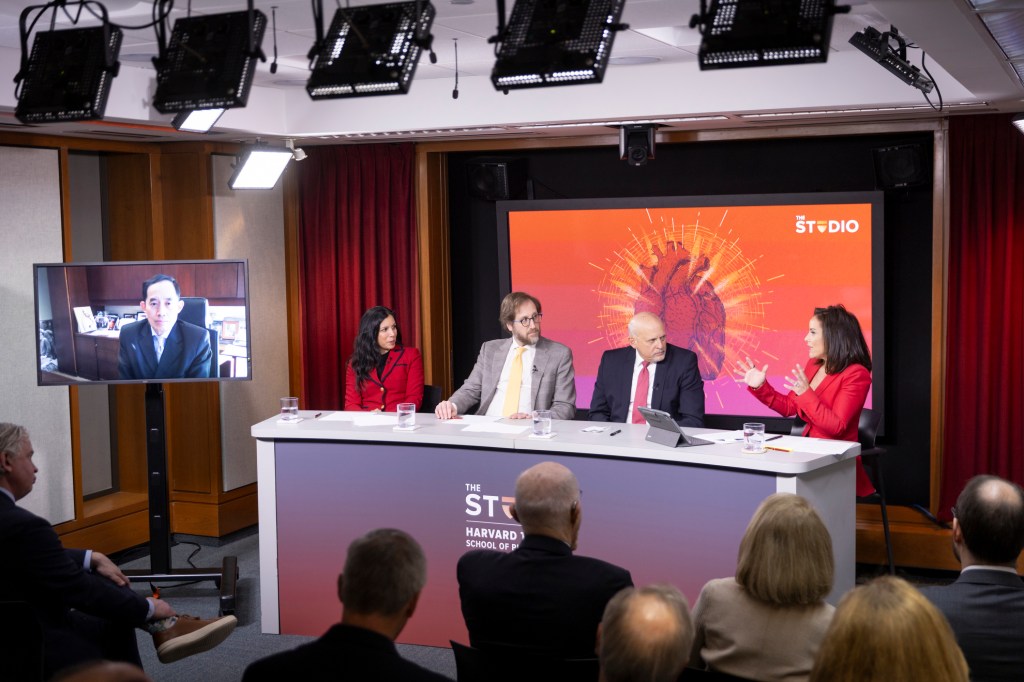
-
How much sleep do you need?
And what you can do to get it
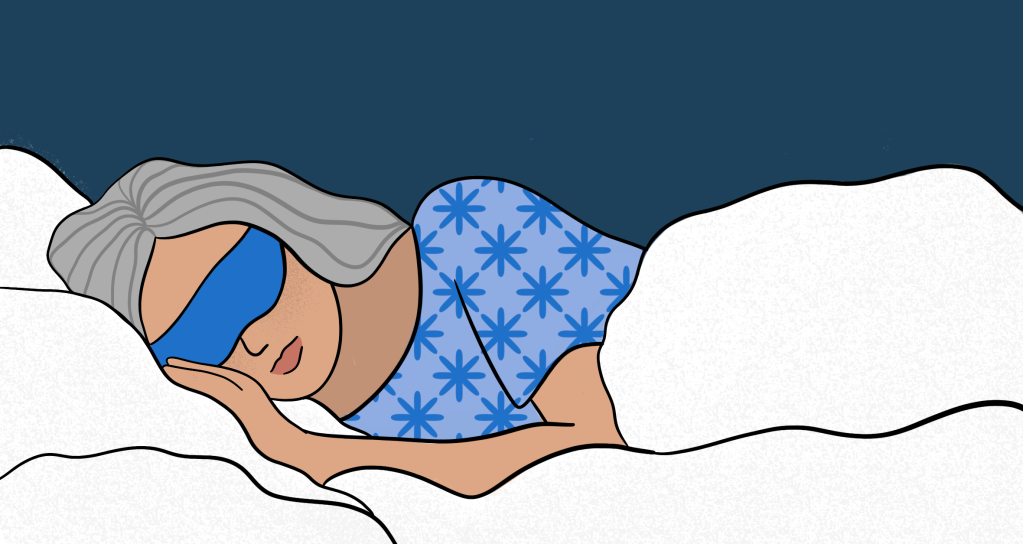
-
Food, water — and a friendly face
Health professionals view social contact as basic human need. Now researchers have tracked neurological basis for it.
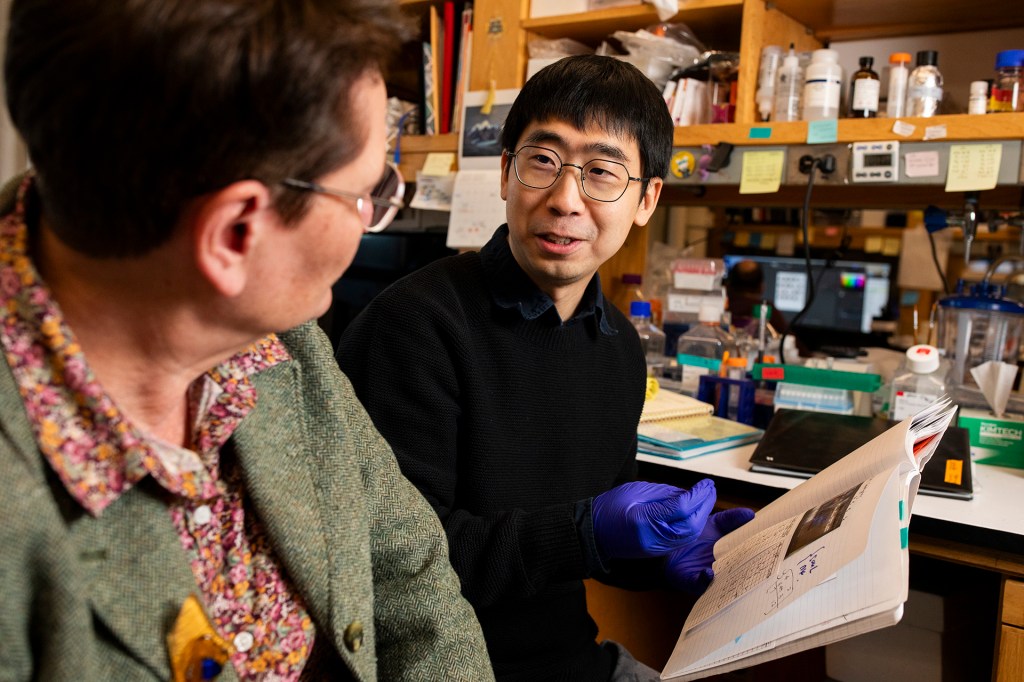
-
Older adults at highest risk for suicide, yet have fewest resources
Study highlights imbalance in targets of online suicide prevention efforts
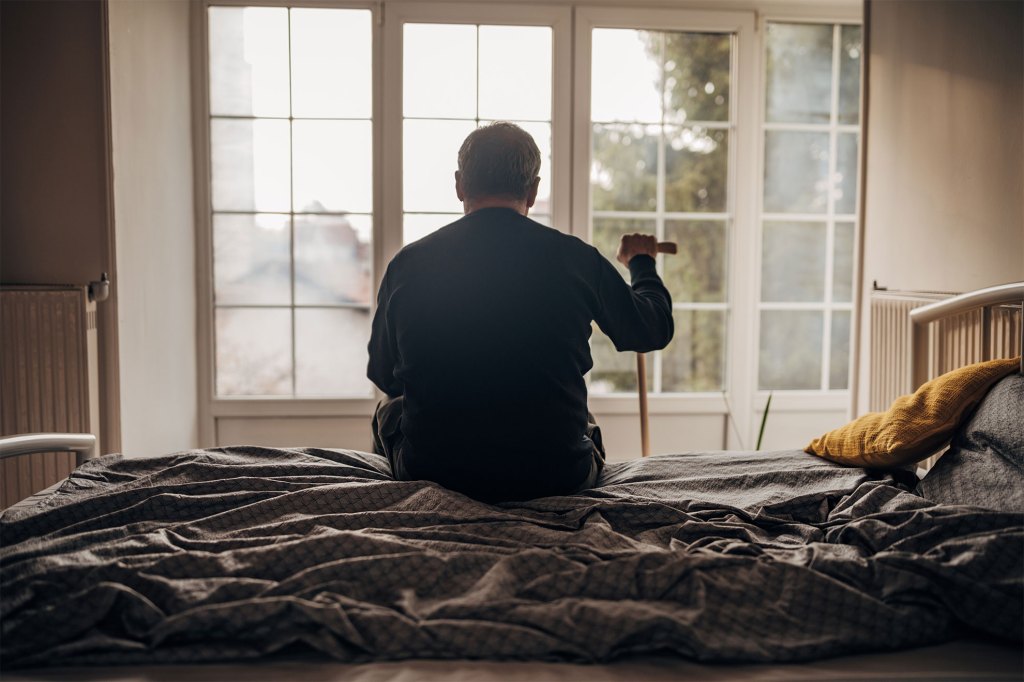
-
Harvard startup creating a new class of antibiotics
Compounds show promise against drug-resistant infections, diseases
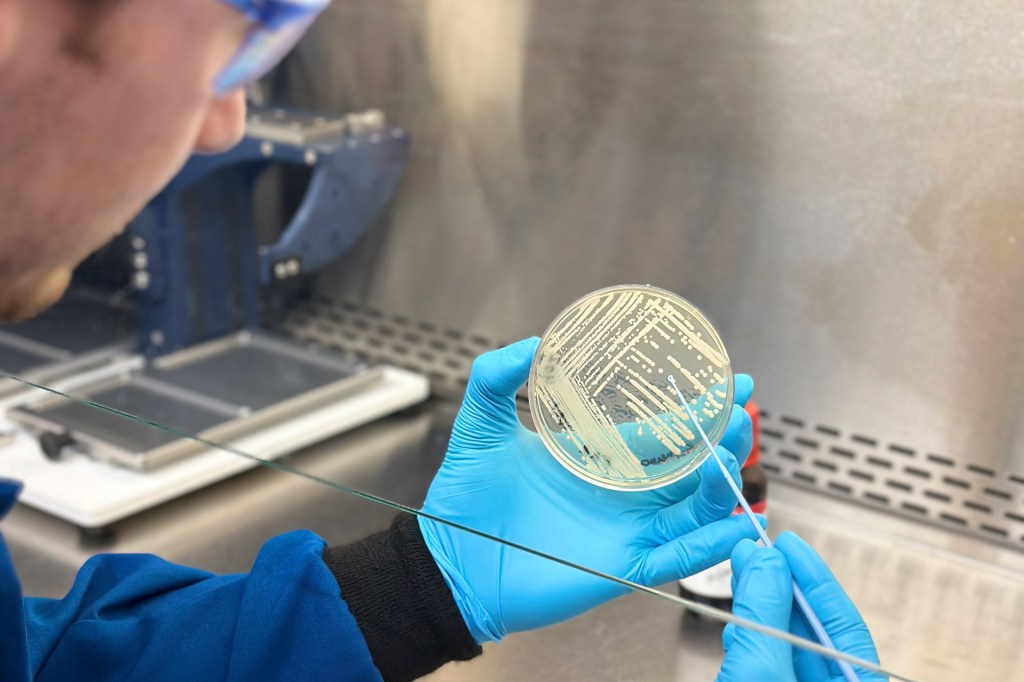
-
Eating citrus may lower depression risk
Physician-researcher outlines gut-brain clues behind ‘orange a day’ finding
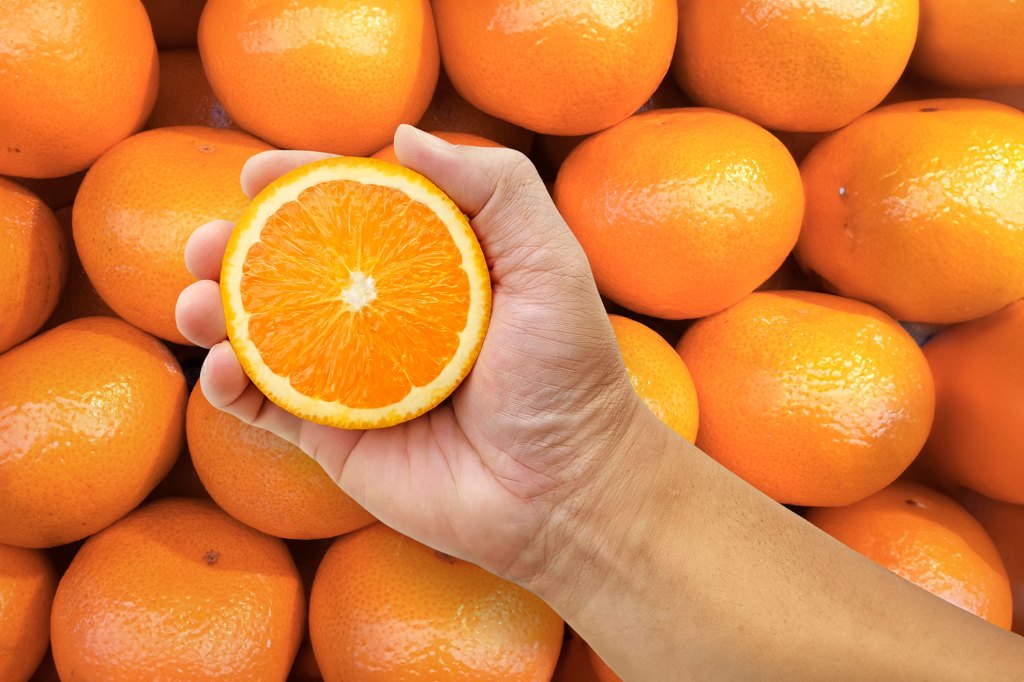
-
Primary care has money problems. This might help.
Physician-researcher sees promise in five-year ‘prospective payment’ experiment
